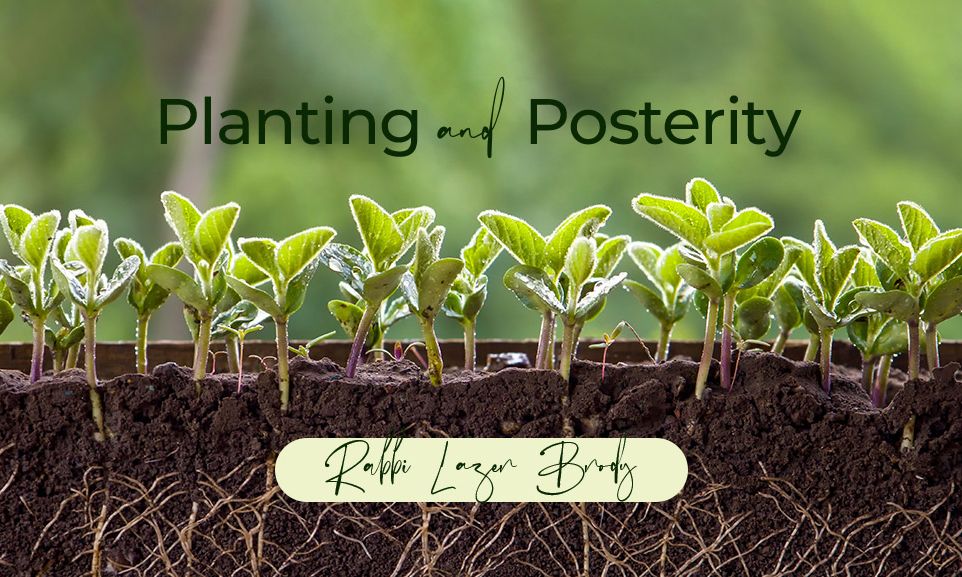
Tu B’Shvat: Planting and Posterity
The nations of the world protest our right to the Land of Israel. But what does give us the right to every bit of our holy land? Tu B'Shvat is the answer...

The nations of the world, in protesting our right to the Land of Israel, claim that all the other religions are fine with living in a variety of countries, so why must the Jews have their own land?
Many Jews don’t know the answer to this seemingly-probing question. Yet, the answer is surprisingly simple. It also explains why we have a special New Year for trees, when it’s a special mitzva to plant trees all over the Land of Israel.
In his very first statement of his classic elaboration on Torah, Rashi explains prophetically that in case the nations of the world will call Israel thieves for occupying Canaanite land, then know full well that Hashem created the world and He parcels it out to whomever He chooses.
King David says that Hashem gave us the land of the Canaanite nations so that we would “guard His laws and observe His commandments” (Psalm 105:45), as the Torah instructs.
When a Jew is honored with an “aliyah” to the Torah, he says two blessings – one before the Torah reading and one after the Torah reading. The latter blessing is especially interesting: “Blessed are You, Hashem our God, King of the universe, for giving us the Torah of truth, and planting posterity within us; blessed are You, Hashem, who gives the Torah.”
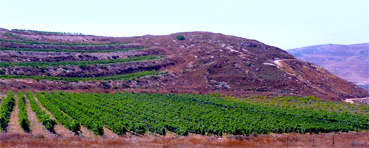
Above image: Prize-winning Carbernet Sauvignon vineyard near Yitzhar in Samaria
Our sages called the Torah, the “planting of posterity”. Why “planting”? Trees are planted, but why Torah? And, what does this have to do with the Land of Israel?
As Rashi explains, the Land of Israel is not like any other land – it is Hashem’s special Holy Land. The Torah explains an entire array of special commandments that must be observed in the Land of Israel, yet need not be observed elsewhere. Many of these commandments deal with with trees and fruit, such as orla[1], trumot[2], maaserot[3], prat and olelut[4], just to name a few.
The Shulchan Aruch, or Code of Jewish Law, forbids a Jew from selling a non-Jew anything that is rooted in the soul of the Land of Israel[5]. In other words, one may sell a non-Jew an entire ton of Israel’s finest grapes, but he may not sell even one loan grapevine that is planted in the holy soil of Israel. The Gemara gives two reasons for this prohibition[6]: First, since Hashem gave the Land of Israel to the Jews specifically for the purpose of performing the Torah’s commandments, one may not give or sell any portion of the land, no matter how big or small. This in itself is one of the Torah’s 365 negative mitzvot known as Lo Techanem[7]. Second, by selling or giving any portion of land to a non-Jew, one is obstructing the performance of the required mitzvot that pertain to that portion of land, which constitutes a desecration of the land’s holiness.
Planting is so important in the Land of Israel, that if a person has not yet harvested the first fruits of his vineyard, he is exempt from military service[8].
With all the above in mind, what’s so significant about planting trees in the Land of Israel? And why is the Torah said to be “implanted” with us?
The Torah tells us that he who plants, especially in the hallowed Land of Israel, is he who is connected – he sends forth roots, deep in the ground. The deeper the roots, the stronger the connection. The Torah is also called the “Tree of Life”[9], for those who cling to it. In this respect, the Torah represents our spiritual clinging to Hashem – for the Jewish people are rooted in Hashem, as Rebbe Shimon Bar Yochai says in the Zohar – while the trees we plant in the holy Land of Israel signify our physical clinging to Hashem, to His holy land, and to His commandments. So, just as we rightfully celebrate our anniversary of Torah every year on the sixth day of the Hebrew month of Sivan, we annually celebrate our New Year for trees, every year on the Fifteenth of Shvat. Happy Tu B’Shvat!
[1] The prohibition of eating fruit from a three-year old tree or younger
[2] Typically 2% of the yield that is given to a Cohen


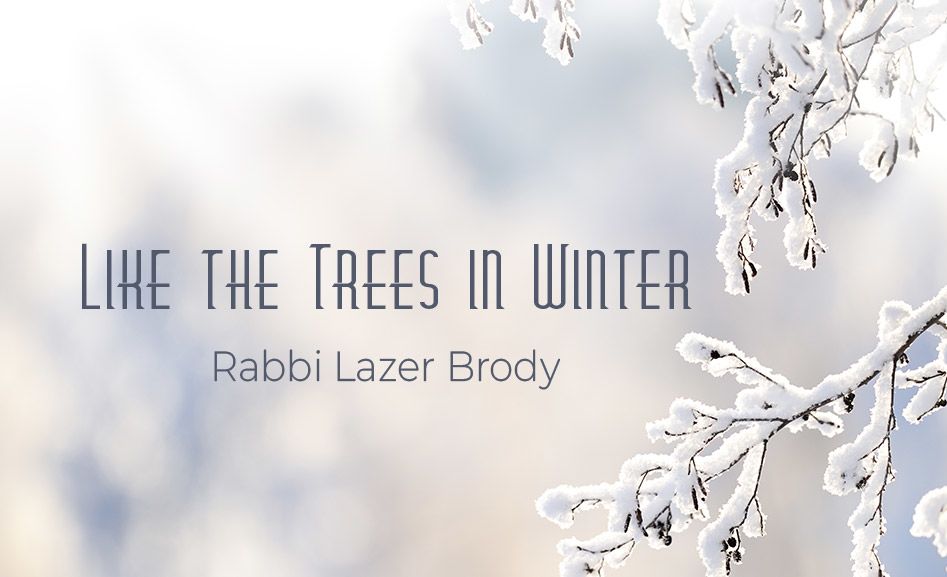
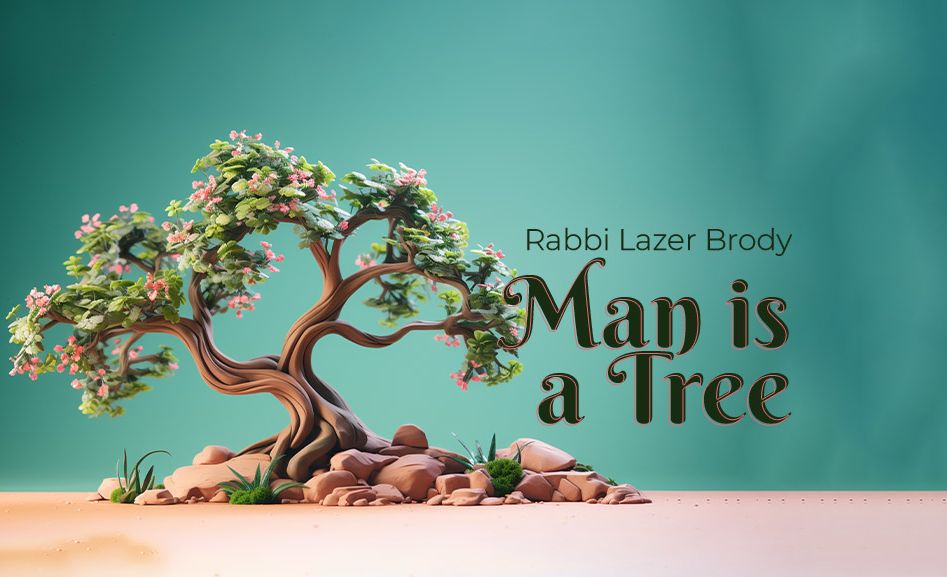
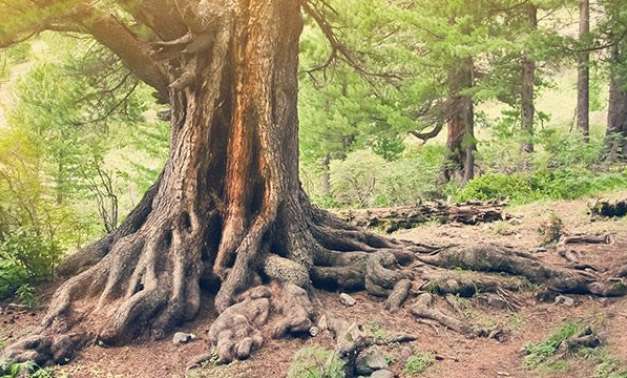
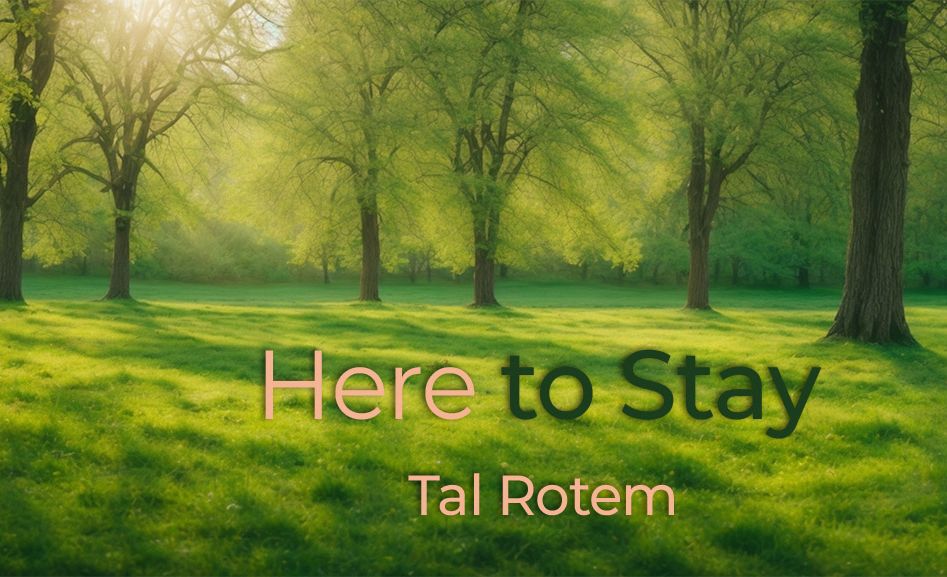
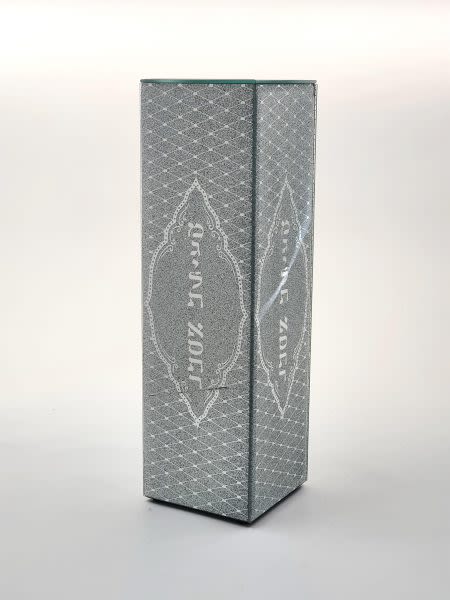
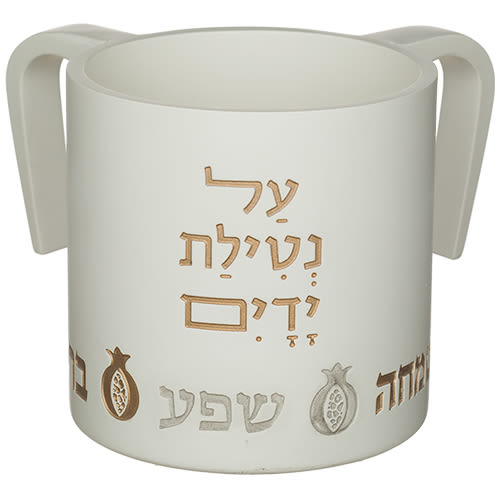

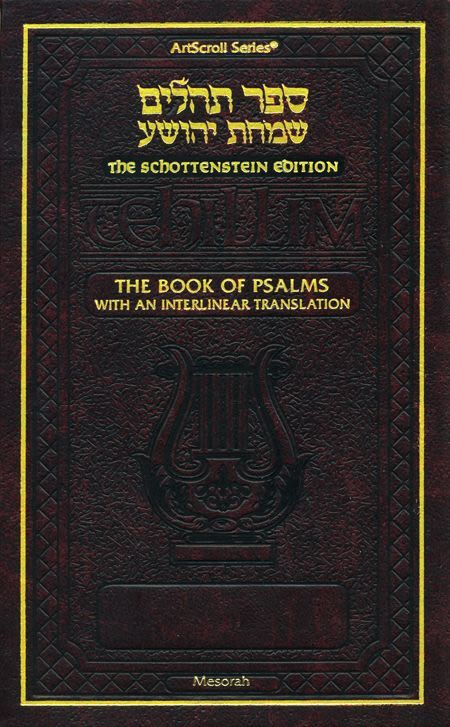

1/24/2016
Emuna view respectful discussion
With an emuna view, when the jews were exiled from isreal,what did hashem command the jews about ownership of the land of isreal until hashem will redeem us from exile? according to the gemara (kesubas 113)Jews are forbidden to own any land and govern.
1/24/2016
With an emuna view, when the jews were exiled from isreal,what did hashem command the jews about ownership of the land of isreal until hashem will redeem us from exile? according to the gemara (kesubas 113)Jews are forbidden to own any land and govern.